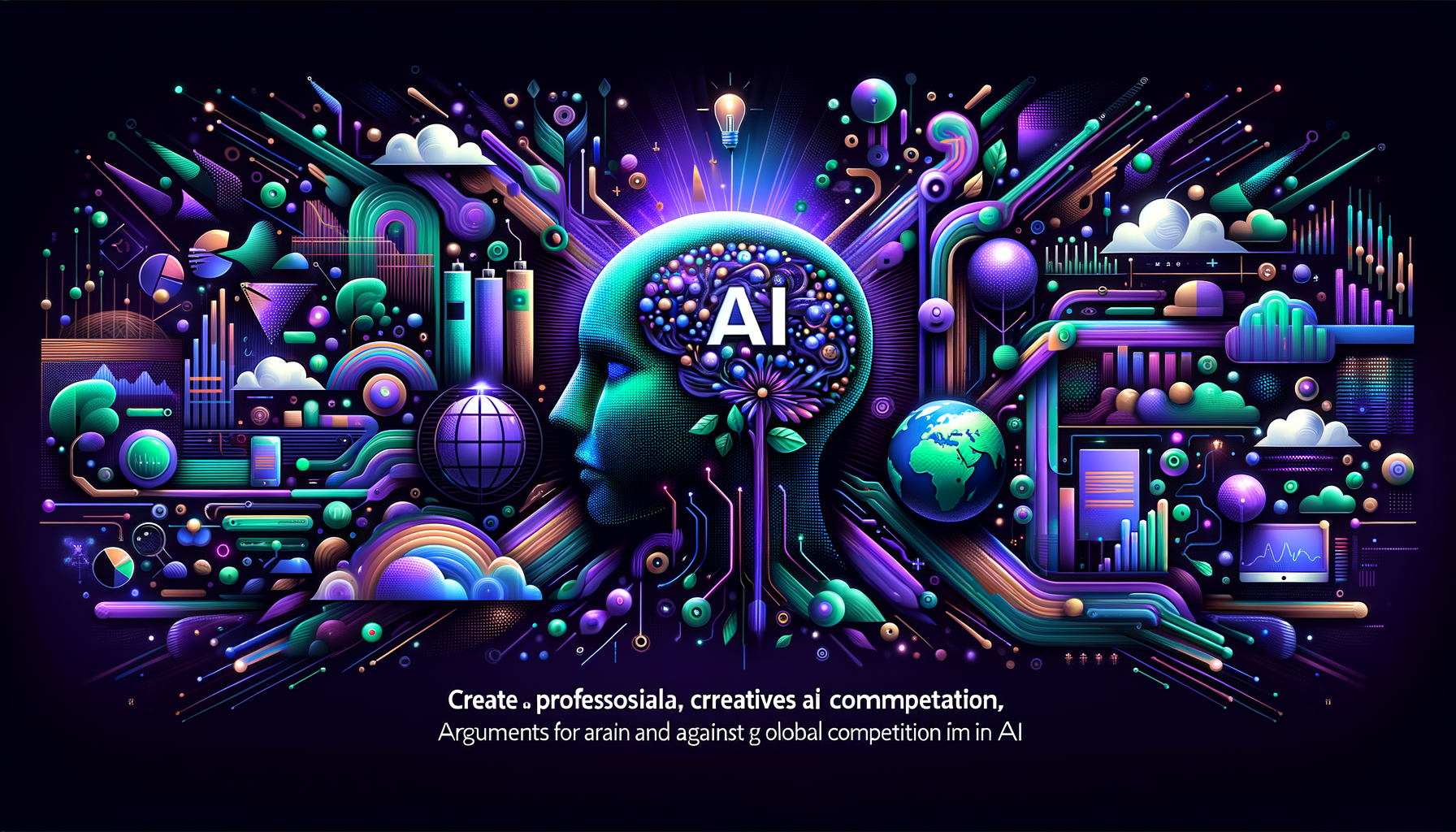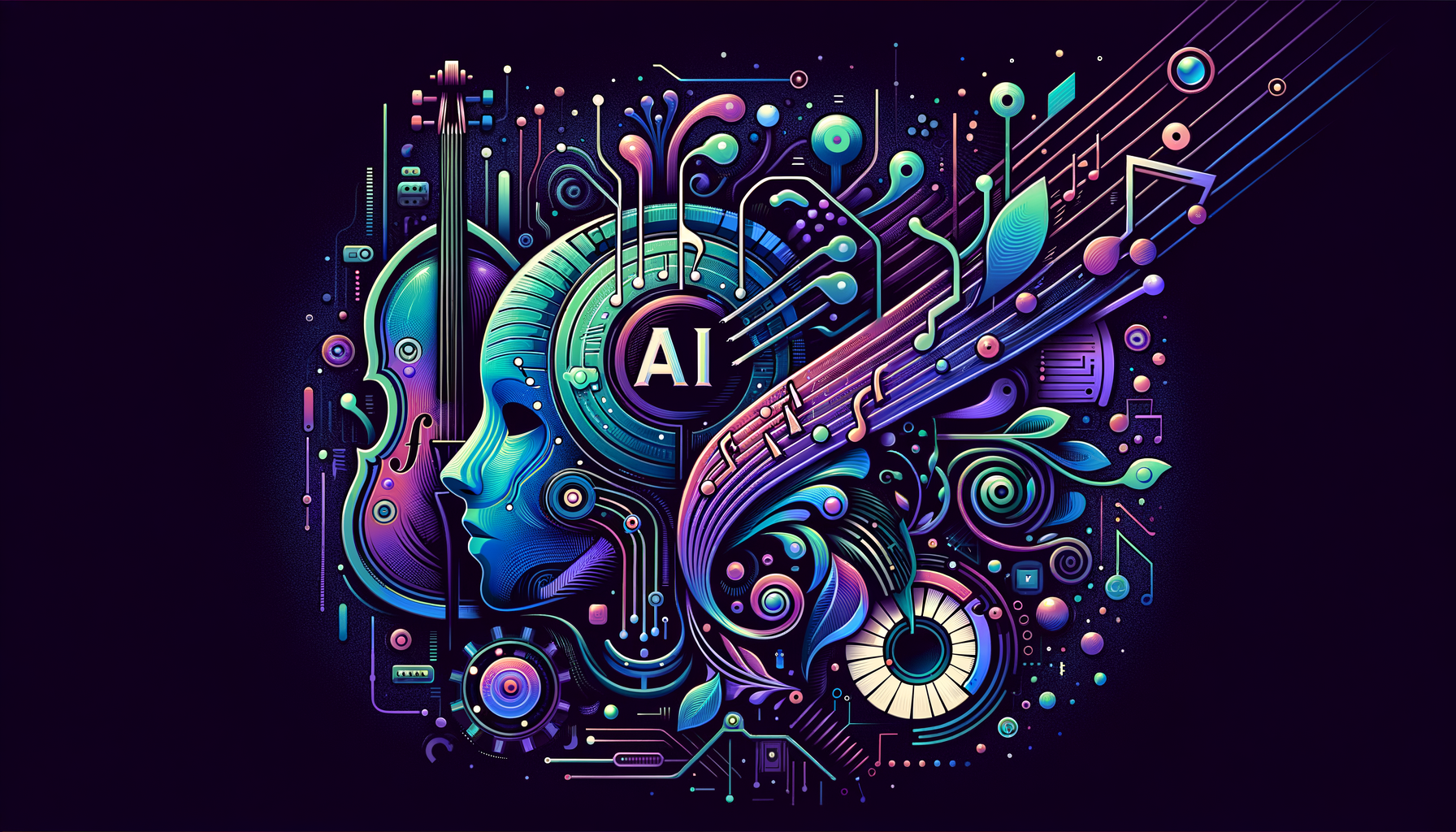Understanding Meta’s AI Copyright Lawsuit: Insights and Implications
In an era where artificial intelligence (AI) is rapidly reshaping industries and transforming business landscapes, legal challenges related to AI technology are becoming increasingly pertinent. A recent lawsuit involving Meta (formerly Facebook) has put the spotlight on the intersection of AI, copyright law, and technology ethics. This article delves into the intricacies of the case, examines its broader implications, and highlights how businesses, particularly in regions like Spain and the European Union, can navigate this evolving landscape.
The Crux of the Lawsuit
The lawsuit against Meta centers on allegations of copyright infringement in the use of copyrighted materials to train AI models. The plaintiff, which shall remain unspecified as per the report by Wired, claims that Meta used their protected content without proper authorization, a practice that could destabilize legal precedents regarding AI training datasets.
This lawsuit is pivotal because it challenges the boundaries of how AI companies leverage copyrighted material, especially when constructing language models, enhancing recommendation systems, or developing predictive analytics tools. The outcome could set a precedent for future AI-related copyright cases, influencing companies across the globe.
Potential Repercussions for AI Development
The lawsuit has stirred discussions among developers, businesses, and legal experts alike. Here are several possible implications:
- Data Sourcing Ethics: Companies might need to reassess how they source data to train AI models to avoid potential legal pitfalls.
- Increased Compliance Costs: Ensuring compliance with copyright laws could increase operational costs for businesses involved in AI development.
- Innovation Slowdown: A stringent legal environment might deter startups from innovating within the AI space, potentially stunting growth in the technology sector.
For companies seeking expert guidance, our AI Strategy Consulting service offers bespoke analyses and strategic insights to navigate these complexities effectively.
Meta’s Stance on the Allegations
Meta argues that the use of copyrighted material falls under the fair use doctrine, which permits limited use of copyrighted works without permission for purposes such as criticism, commentary, or research. The company insists that its practices are aligned with industry standards, asserting that training AI models constitutes transformative use—a key component of the fair use defense.
However, this issue exposes a critical gap in current intellectual property laws concerning AI technologies. As digital transformation continues unabated, firms must remain vigilant about legislative changes and adapt their AI practices accordingly.
How Copyright Laws are Evolving in the AI Context
The AI and copyright conundrum isn’t confined to the United States; it is a global challenge. Across the European Union, policymakers are closely monitoring case outcomes to gauge their influence on local regulations. As digital economies become integral to societal advancement, the EU and its member states could establish more robust frameworks to safeguard intellectual property without stifling innovation.
In light of these developments, our AI Training and Education service can equip your teams with the knowledge needed to stay compliant and leverage AI technologies sustainably.
Enhancing AI Systems Responsibly
Amid legal uncertainties, businesses can still advance their AI capabilities responsibly. Custom AI Solutions is a pathway to develop proprietary AI models tailored to specific business needs, minimizing dependence on third-party datasets and mitigating potential legal risks.
Moreover, integrating AI systems with robust infrastructure ensures sustained progress and compliance. Our AI Infrastructure Development and Management service provides end-to-end support in deploying secure and scalable AI solutions.
Guarding Data with Cybersecurity Measures
As data becomes the linchpin of AI advancements, cybersecurity emerges as a critical facet of AI deployment. Companies must implement stringent security protocols to protect both proprietary and third-party data effectively. This is particularly important in the European Union, where data protection regulations like GDPR play a pivotal role in shaping AI utilization.
Our Intelligent Process Automation solutions embed cybersecurity best practices within AI systems, ensuring compliance with current regulations while optimizing operational efficiency.
Future Trajectories: AI and Legal Frameworks
While Meta’s lawsuit focuses on copyright, the broader legal landscape for AI encompasses various facets, including privacy, ethics, and competition laws. Businesses must remain agile in adapting to new legal precedents and regulatory landscapes to thrive amid ongoing digital transformations.
This comprehensive approach is supported by our suite of AI services designed to assist firms in aligning their AI strategies with legal mandates and market needs.
Conclusion
As AI technologies continue to evolve, businesses must remain cognizant of the legal terrain surrounding their deployment. The Meta copyright lawsuit serves as a pertinent reminder that the ethical and lawful use of data is paramount for sustainable AI advancement. To safeguard their innovations, companies need to implement comprehensive strategies that balance technological progress with regulatory compliance.
To learn more about how Hodeitek can support your AI endeavors and ensure they are both cutting-edge and compliant, please visit our contact page or explore our AI service offerings. By leveraging our industry expertise, your business can navigate these challenges confidently—maximizing opportunities while minimizing risks.






